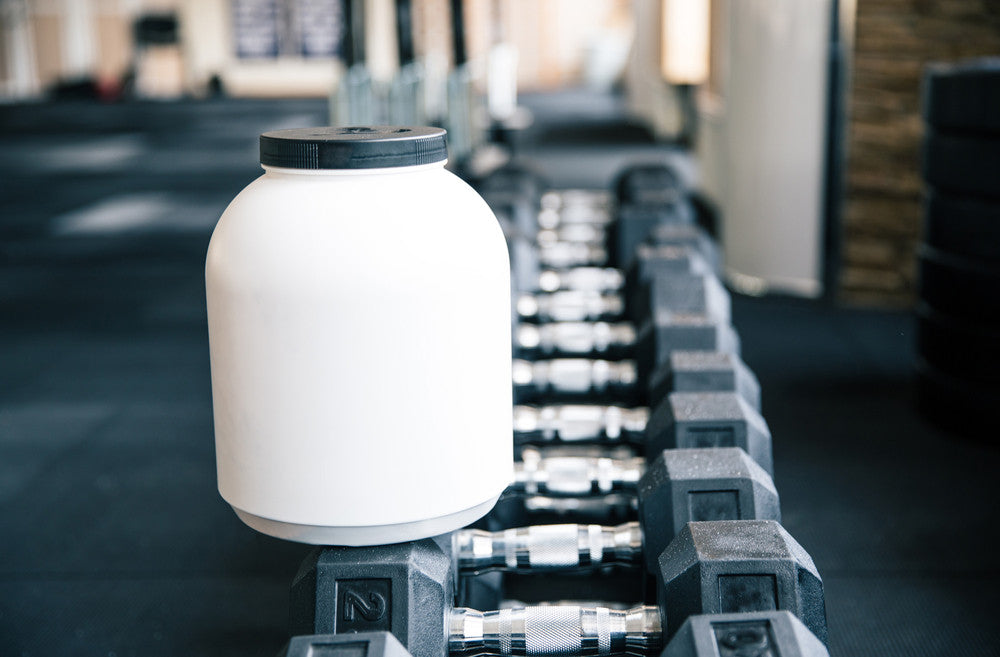
4 Ways Senior Citizens Can Add Protein to Their Diet
As we age, we may find that our nutritional needs evolve. Although protein is an important dietary staple for individuals of all ages, senior citizens may find that protein plays an even more substantial role during their golden years. Let's take a closer look at why -- and how you can make more informed decisions that will help you get the protein your body needs.
Why is Protein So Important For Older Adults?
It's especially important for those over the age of 50 to add certain nutritional elements to their daily regimen. For example, omega-3 supplements can be particularly valuable for older people. But protein is also an essential building block of nutrition for seniors.
This is essentially because older people need a greater abundance of dietary protein in order to preserve muscle mass, maintain muscle strength, and protect bone health. Research suggests that those who consume more protein are less likely to become functionally impaired. For many, protein can be part of maintaining their independence, mobility, and overall health. Because protein can also speed healing and support everything from hormonal balance to healthy vision and digestion, it becomes even more vital to increase protein consumption as we age.
How Can Seniors Add More Protein to Their Diets?
Now that it's clear that protein should be a priority for seniors, you may want to know more about how to add this nutritional must-have to your diet. While every individual will have different dietary needs, restrictions, and preferences, you can find four of our favorite tips below.
- Snack Smartly: Although snacking gets a bit of a bad rap, it's not always a negative thing. Healthy snacks can tide you over between meals while providing an opportunity to add even more protein to your daily regimen. Snacks like string or cubed cheese, raw nuts and seeds, or healthy meat and fish jerky can give you an extra boost of energy and nutrients while ensuring your body has the protein it craves.
- Add an Egg: When in doubt, add an egg! Whether you need a more substantial breakfast to power you through your morning or you're looking to stretch your healthy lunch a bit further, eggs hold the key. Each egg has about six grams of protein -- and since you can scramble, poach, boil, or prepare them in any number of ways, they make a never-boring addition to any meal.
- Prioritize Lean Meats and Fish: Some people might assume that meats are on the no-go list for seniors, but lean meats and fish can be a wholly healthy option for many seniors who want to avoid using extra nutritional products or supplements. Chicken breast, salmon, and even lean cuts of beef can provide you with a good amount of protein and some great flavor. While you'll want to take other nutritional facts into account, there's no reason most people can't enjoy these common staples.
- Try a Protein Supplement or Meal Replacement Shake Powder: If you're finding that you still aren't getting enough protein or you have to avoid certain foods, meal replacement shake powders or protein powders may be a better idea for you. Seniors who lead a vegan lifestyle can also use a protein meal replacement shake powder to ensure they increase their protein intake without consuming any animal products. These delicious meal replacement shake powders can also be easily mixed and enjoyed if you're short on time or you don't have access to a full kitchen.
Understandably, nutrition is a concern for many seniors. But by following these tips, older adults can easily increase their protein intake. To learn more about how protein supplements and other meal replacement shake powders, please contact us today.



Leave a comment
This site is protected by hCaptcha and the hCaptcha Privacy Policy and Terms of Service apply.